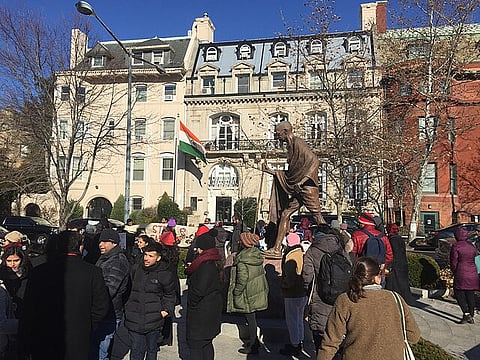

The United States has taken significant action against Indian business executives involved in the global fentanyl supply chain, with the U.S. Embassy in New Delhi revoking and denying visas for individuals and their family members linked to trafficking fentanyl precursors. The move, announced on September 18, 2025, targets corporate leaders and executives accused of facilitating the flow of chemicals used to produce synthetic opioids responsible for tens of thousands of American deaths annually. Charge d’affaires Jorgan Andrews emphasized that these measures are part of broader efforts to combat illicit drug trafficking and hold accountable those who "poison our communities".
India’s Inclusion on Major Drug Transit List
The visa restrictions coincide with President Donald Trump’s formal designation of India as one of 23 "major drug transit or major illicit drug-producing countries" in a presidential determination submitted to Congress. While the U.S. State Department clarified that inclusion on this list does not necessarily reflect inadequate government counterdrug efforts, it highlights India’s role in the global narcotics trade due to "geographic, commercial, and economic factors" enabling drug production and transit.
Scale of the Fentanyl Crisis and Indian Corporate Involvement
Fentanyl precursors, chemicals used to synthesize the highly addictive opioid have become a focal point in the U.S.’s opioid crisis, which claims over 200 American lives daily. Indian chemical firms have repeatedly been implicated in supplying these precursors to cartels in Mexico and other regions, often through mislabeled shipments and fraudulent customs declarations. Earlier this year, the U.S. Justice Department indicted two India-based companies, Raxuter Chemicals and Athos Chemicals, along with executive Bhavesh Lathiya, for conspiracy to distribute and import fentanyl precursors. Lathiya was arrested in New York, showing the transnational nature of these operations.
Existing Diplomatic Tensions
The visa revocations add strain to already tense U.S.-India relations, exacerbated by Trump’s punitive 50% tariffs on Indian imports and broader trade disputes. While the U.S. Embassy acknowledged India’s cooperation in combating drug trafficking, the measures reflect frustration with the perceived inadequacy of New Delhi’s enforcement efforts. India’s foreign ministry has not yet responded to the visa actions, but the targeting of corporate executives and their families signals a shift toward personal accountability for those profiting from the narcotics trade.